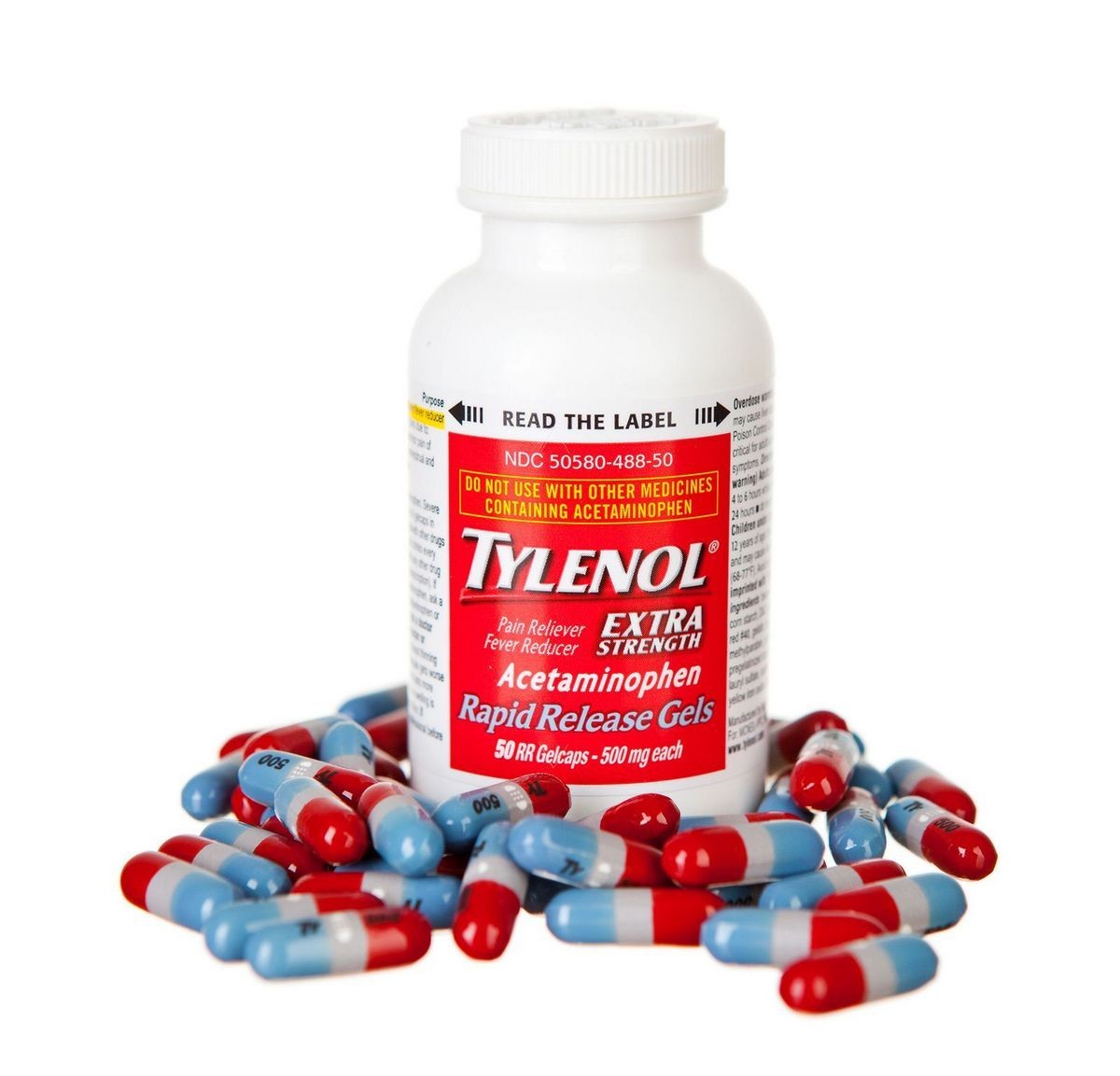
Contents
- 1 Acetaminophen/Phenyltoloxamine
- 1.0.1 Warnings
- 1.0.2 What are the side effects of acetaminophen/phenyltoloxamine?
- 1.0.3 What are the dosages of acetaminophen/phenyltoloxamine?
- 1.0.4 What drugs interact with acetaminophen/phenyltoloxamine?
- 1.0.5 Pregnancy and breastfeeding
- 1.0.6 What else should I know about acetaminophen/phenyltoloxamine?
- 1.0.7 Source
- 1.0.8 Summary
Acetaminophen/Phenyltoloxamine
Acetaminophen/phenyltoloxamine is a combination medication used for temporary relief from minor aches, pains, and symptoms of common cold and allergies. Acetaminophen is an analgesic that reduces pain and fever, while phenyltoloxamine is an antihistamine that relieves allergy symptoms. This over-the-counter (OTC) drug provides more effective relief than using either medication alone.
- Acetaminophen is an analgesic and antipyretic drug that blocks pain impulse generation and inhibits synthesis of prostaglandin in the central nervous system. It reduces fever by acting on the hypothalamus region of the brain.
- Phenyltoloxamine blocks the activity of histamine, a compound in the body that causes allergy symptoms. It binds to histamine receptors and provides a sedative effect.
Acetaminophen/phenyltoloxamine is used for symptom relief from headache, backache, muscular aches, toothache, minor arthritis pain, menstrual cramps, fever, common cold, and hay fever symptoms.
Warnings
- Do not use acetaminophen/phenyltoloxamine if you are hypersensitive to any ingredient.
- Avoid using it in patients with hepatitis or severely impaired kidney or liver function.
- Use with caution in patients with impaired liver or kidney function, narrow-angle glaucoma, prostate enlargement with urinary obstruction, respiratory disease, or G6PD enzyme deficiency.
- Do not exceed 4,000 mg of acetaminophen in 24 hours, use other drugs containing acetaminophen concurrently, or consume 3 or more alcoholic drinks while taking acetaminophen.
QUESTION
What are the side effects of acetaminophen/phenyltoloxamine?
Common side effects include dizziness, drowsiness, lethargy, sedation, blurred vision, dry mouth, nausea, liver toxicity, throat swelling, swelling under the skin and mucous membranes, skin rash, hives, itching, excessive sweating, and blood disorders. Serious side effects may include heart symptoms, severe headache, nervous system reactions, and eye symptoms.
Call your doctor immediately if you experience any of these symptoms or serious side effects.
What are the dosages of acetaminophen/phenyltoloxamine?
Tablet
- 325 mg/30 mg
- 500 mg/50 mg
- 500 mg/55 mg
- 600 mg/66 mg
- 650 mg/60 mg
Adult and Pediatric:
Analgesia
- Indicated for relief of mild-to-moderate pain in patients above 12 years.
- Safety and efficacy not established in children below 12 years.
- Take 1-2 tablets or capsules orally once every 4-6 hours as needed (dosage may vary by product).
Do not take more than the recommended dosage or for extended periods without medical advice.
In case of overdose, seek medical help immediately as it can cause severe symptoms such as liver and kidney damage, extreme drowsiness, lethargy, confusion, and coma.
What drugs interact with acetaminophen/phenyltoloxamine?
Inform your doctor of all medications you are currently taking to avoid potential drug interactions. Acetaminophen/phenyltoloxamine has severe, serious, and moderate interactions with several drugs.
Always consult your doctor before starting, stopping, or changing the dosage of any medication.
For a comprehensive list of potential interactions, use the RxList Drug Interaction Checker.
It is important to inform your healthcare provider about all prescription and over-the-counter medications you use.
Pregnancy and breastfeeding
- Use acetaminophen/phenyltoloxamine during pregnancy only if clearly needed and potential benefits outweigh risks to the fetus.
- Consult your physician before using it if you are breastfeeding.
- Avoid taking any OTC drug, including acetaminophen/phenyltoloxamine, without your healthcare provider’s recommendation if you are pregnant or breastfeeding.
What else should I know about acetaminophen/phenyltoloxamine?
- Take acetaminophen/phenyltoloxamine as prescribed or labe instructions for OTC use.
- Do not exceed the recommended dosage or take for prolonged periods.
- Check product labels carefully to avoid an overdose and discontinue immediately if you experience hypersensitivity reactions.
- Discontinue the drug and consult your physician if pain or fever persists, new symptoms occur, or you have redness or swelling.
Source
Pain Management Resources
- Managing a Sickle Cell Pain Crisis
- Take Control of Your Migraine, Now
- Side Effects From aHUS Treatment
Featured Centers
- What Are the Best PsA Treatments for You?
- Understanding Biologics
- 10 Things People With Depression Wish You Knew
Summary
Acetaminophen/phenyltoloxamine is a combination medication used for temporary relief from minor aches, pains, and symptoms of common cold and allergies. Common side effects include dizziness, drowsiness, lethargy, sedation, blurred vision, dry mouth, nausea, liver toxicity, throat swelling, swelling under the skin and mucous membranes, skin rash, and others. Consult your doctor if pregnant or breastfeeding.


